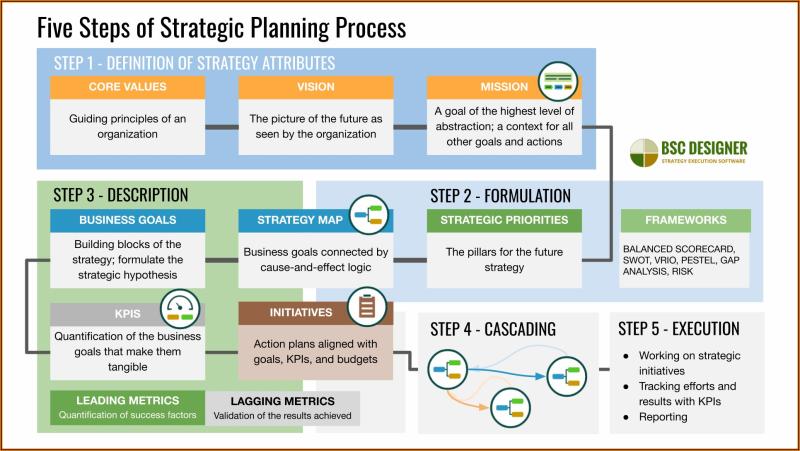What are examples of case management services?
Case management services encompass a wide range of activities designed to assist individuals or groups in accessing and navigating various resources and services. The specific services provided can vary depending on the context, such as healthcare, social services, or rehabilitation. Here are examples of case management services across different settings:
Assessment and Needs Identification:
- Conducting assessments to identify the needs, strengths, and challenges of individuals or families.
- Developing a comprehensive understanding of the client's situation, including health, social, economic, and environmental factors.
Service Coordination and Referrals:
- Coordinating and linking clients to appropriate services and resources, such as medical care, mental health services, housing assistance, employment support, or educational programs.
- Making referrals to specialists, agencies, or community organizations based on identified needs.
Care Planning:
- Collaboratively developing care plans or service plans with clients to outline specific goals, objectives, and interventions.
- Setting measurable outcomes and timelines for achieving identified objectives.
Advocacy:
- Advocating on behalf of clients to ensure they receive the necessary services, support, and resources.
- Representing clients in interactions with service providers, government agencies, or other organizations.
Crisis Intervention:
- Providing immediate support and intervention during crisis situations, such as mental health crises, emergencies, or sudden changes in circumstances.
- Assisting clients in accessing crisis services and developing safety plans.
Educational Support:
- Assisting clients in accessing educational resources, enrolling in educational programs, or addressing barriers to education.
- Providing information on available scholarships, training programs, and career development opportunities.
Financial Assistance and Budgeting:
- Helping clients access financial assistance programs, such as welfare benefits, disability benefits, or housing subsidies.
- Providing guidance on budgeting, financial planning, and managing resources effectively.
Health Promotion and Wellness:
- Promoting health and wellness by providing information on preventive care, healthy lifestyle choices, and disease management.
- Coordinating access to healthcare services, including medical appointments, screenings, and vaccinations.
Employment Support:
- Assisting clients in identifying employment opportunities, creating resumes, and preparing for job interviews.
- Providing support in skill development, vocational training, and job placement.
Housing Assistance:
- Helping clients secure safe and stable housing, including assistance with rental applications, housing subsidies, and homelessness prevention.
- Coordinating with housing agencies and shelters to address housing needs.
Legal Support:
- Providing information on legal rights and responsibilities.
- Assisting clients in accessing legal services, navigating legal processes, and addressing issues such as family law, immigration, or criminal justice.
Follow-Up and Monitoring:
- Conducting regular follow-up to monitor progress toward goals and adjust plans as needed.
- Ensuring ongoing support and coordination of services to address changing needs.
These examples illustrate the diverse and comprehensive nature of case management services, which aim to empower individuals and communities to overcome challenges and improve their overall well-being. Case managers play a crucial role in facilitating access to resources, promoting self-sufficiency, and advocating for the needs of their clients.
Case Management in Action: Real-World Examples of Assisting Individuals
Case management, beyond theoretical models and frameworks, comes alive when we see its impact on individuals navigating complex challenges. Let's explore some practical examples of how case managers provide invaluable support across various settings:
1. Healthcare:
- A diabetic patient struggling to manage their medication: A case manager helps them understand their condition, schedule doctor appointments, access community resources for healthy food, and develop coping mechanisms for lifestyle changes.
2. Mental Health:
- A teenager experiencing depression and anxiety: A case manager connects them with therapy sessions, support groups, and educational resources about mental health. They also advocate for academic accommodations and collaborate with family members.
3. Social Services:
- A single mother facing homelessness: A case manager assists them in finding temporary housing, applying for government benefits, securing job training opportunities, and connecting with childcare resources.
4. Child Welfare:
- A child at risk of neglect: A case manager investigates the situation, advocates for the child's safety, works with parents to address concerns, and connects them with family support services.
5. Employment Assistance:
- An unemployed individual facing skill gaps: A case manager helps them identify career goals, assess their skills and qualifications, access training programs, and prepare for job interviews.
6. Reintegration Programs:
- An ex-offender re-entering society: A case manager assists them in finding housing, securing employment, accessing addiction treatment if needed, and navigating legal requirements for successful reintegration.
7. Disaster Relief:
- Families affected by a natural disaster: Case managers help them access emergency shelters, financial assistance, mental health support, and connect them with resources for rebuilding their lives.
8. Educational Support:
- A student with learning disabilities struggling in school: A case manager collaborates with teachers and parents to develop personalized learning plans, advocate for appropriate accommodations, and connect them with tutoring services.
9. Aging Populations:
- An elderly individual isolated at home: A case manager helps them find meal delivery services, transportation assistance, connect with social programs, and provide resources for independent living.
10. Domestic Violence:
- A survivor of domestic abuse seeking safety and support: A case manager assists them in finding safe housing, legal representation, mental health counseling, and connects them with community resources for healing and empowerment.
These are just a few examples of how case management services offer crucial support and guidance to individuals facing diverse challenges. By providing tailored interventions, connecting them with resources, and advocating for their needs, case managers play a vital role in empowering individuals to overcome obstacles and build more fulfilling lives.
Feel free to ask if you'd like to explore specific scenarios in more detail, discuss additional examples of case management applications, or learn more about the skills and qualities that make effective case managers. I'm here to help you understand the impact of case management and its potential to create positive change in individuals' lives.













